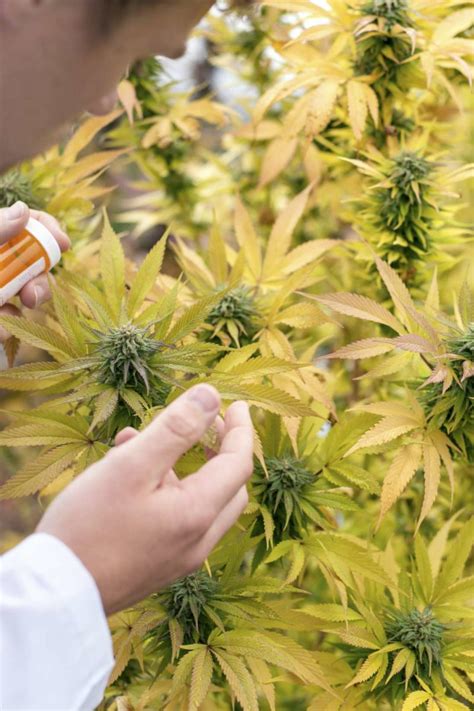The debate around marijuana and its effects on various aspects of human health is ongoing, with several studies attempting to shed light on its potential impacts. Marijuana, the dried flowers and leaves of the cannabis plant, contains compounds that might alter mental processes. For instance, cannabidiol (CBD), a component found in cannabis, is thought to alleviate anxiety for some. But, it’s clear that marijuana can induce short-term disruptions in cognitive functions such as thinking, working memory, executive functions, and psychomotor abilities.
In terms of the broader implications, legalization is a hot topic, with discussions focusing on its potential benefits for the criminal justice system. Moreover, the recreational use of marijuana is becoming legal in more states, suggesting a shift in societal and legal perspectives.
However, when it comes to academic and athletic performance, recreational marijuana may be a detriment. It has been noted to impair the ability to focus and pay attention, which is crucial for learning and excelling in sports. This effect on focus is also a concern for individuals with Attention Deficit-Hyperactivity Disorder (ADHD), as noted by researchers.
Medical marijuana, conversely, has been reported to offer relief from various conditions, from chronic pain to gastrointestinal disorders, as suggested by Harvard Health. Yet, the use of marijuana, particularly among youth, is associated with an increased likelihood of substance use disorders.
Another angle to consider is the potential risk increase when marijuana is used simultaneously with alcohol, leading to heightened risks like unsafe driving and physical health problems. Despite these risks, the legalization movement aims to reduce the stigma around cannabis use and open up more candid discussions about its usage.
Moreover, the long-term effects of marijuana, especially on the developing brain, raise concerns. Early exposure to THC, the psychoactive component in marijuana, could affect the perception of rewards in the brain, altering pleasure responses in adulthood.
Given these various points of view and findings, one might wonder if marijuana’s potential therapeutic benefits outweigh the cognitive risks it poses. The complexity of this plant and its myriad effects continue to be a subject of extensive research and robust debate.
